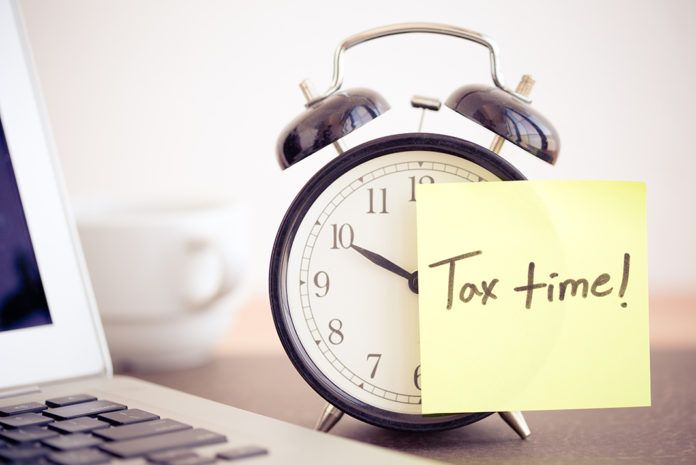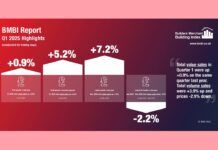Returning to work after the Christmas break to find you have just weeks to do your self-assessment return and pay up an initial tax payment can be sobering. Around 11 million people are required to complete a return by the January 31 deadline, so if you have not done it yet you have just a few days to get organised.
Those who do leave it till the last minute to complete the online return could find themselves battling with crowds akin to the January sales. Some 4.85 million left it until January to file last year, with 746,000 failing to submit on time, each risking a £100 fine.
If the run up to the festive period has left you struggling to find the time to do the sums, it’s advisable to put time aside to pull together the paperwork you need to get started. This will take the pressure off in the new year when customers start calling again and business admin get pushed down the ‘to-do list’.
This handy guide will help you survive the self-assessment blues.
Get organised
For sole traders, total income is calculated as being money earned minus business expenses. That means it is important to have kept records of when and how customers have paid you, whether that’s in cash, bank transfers or cheque.
Of course, if you’ve been diligent over the last 12 months you have been using bookkeeping software to keep immaculate records with the breakdown between labour and material costs recorded. For the few that may have been too busy to keep exact records, now is the time to start digging out copies of invoices you have issued over the last year.
If you’re a limited company director, who takes a salary from your own business, you will need your P60 as a record of your income from your employment as well as any expenses and the tax you’ve already paid in the self-assessment year.
If, as a limited company director, you’re paid dividends you will need vouchers for those issued during the tax year. If you’re a shareholder in any other company that has issued a dividend, you’ll also need the paperwork to go with that.
Anyone completing a return will also need to declare any other sources of income, such as rental income and interest earned on savings. You will also need to declare any charitable payments and tell HMRC about any pension payments you’ve made.
Expenses
As you will be taxed on your profits it’s important to keep a record of material costs and other business expenses.
For sole traders, claiming expenses is fairly straightforward: simply add up all business outgoings and put the total on your self-assessment return. For roofers, costs cover everything from protective clothing and the laundering of it, to insurance and equipment.
For limited company directors the process differs slightly but expenses should be reimbursed by the business account, with remaining profits taxed. If in doubt, it is always best to check.
Whether you’re a sole trader or limited company director, it’s important to keep all of your business expense receipts should the Revenue require more information.
Travel costs
As someone who tends to spend a lot of time going from job to job, your travel expenses will be a significant slice of your business outgoings, something you can claim relief on.
As well as claiming costs for travel, you can also claim on vehicle running costs, such as repairs and maintenance, cleaning, parking and tolls, MOT, road tax and insurance.
Home office?
If, like thousands of other small business owners you have an office in the home, your business can pay you up to £4 a week towards the cost without HMRC requiring receipts under ‘Business use of Home:’.
You’ll need to provide receipts for anything above the £4 threshold and won’t be able to claim for fixed costs such rent or council tax, but if you’ve brought new equipment for your business, such as a laptop, it could qualify for tax relief.
What if I missed the deadline or I can’t afford to pay?
If you miss the deadline contact HMRC. If money is tight and you are unable to pay you may be able to agree an extension or to pay in instalments. Do not ignore the problem or you will incur fines and perhaps also attract unwanted attention from the taxman.
Getting your finances in order now will help you meet the deadline and will put you in a good position for the year ahead. Don’t leave it for another day.




